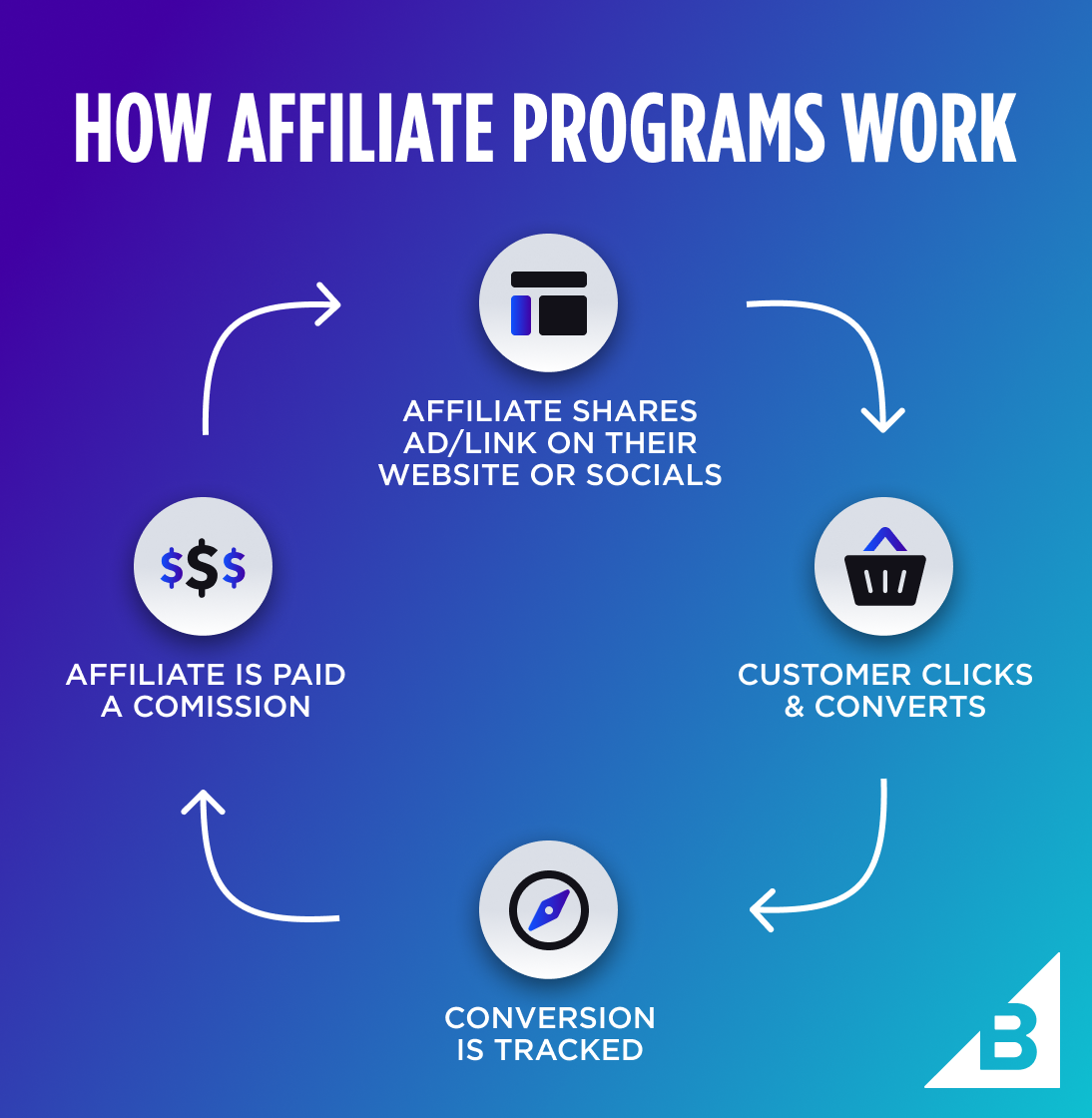As you venture into the digital marketplace, armed with ambition and a quest for financial freedom, one phrase consistently echoes throughout the corridors of online business opportunities: Affiliate Marketing. But amidst the chants of success stories and tales of triumph, sits a daunting question on the tip of every aspiring entrepreneur’s tongue: Does Affiliate Marketing Actually Work? The simple yet powerful answer is, Yes, affiliate marketing can be quite effective, given that you have the right strategies in place.
Take this invitation to journey through the extensive landscape of affiliate marketing, where we’ll navigate historical data, discuss effective strategies, and assess the realities of this dynamic marketing model. Together, let’s unravel the potential of affiliate marketing, so you can decide if it’s the right venture for your aspirations.
Understanding Affiliate Marketing
Affiliate marketing is an ingenious, performance-based marketing strategy. Affiliates, individuals or companies, earn commissions by promoting another entity’s products or services. Using unique affiliate links, these promoters harness the power of digital platforms to direct potential customers towards purchases, and in doing so, they carve out a profit share for every transaction made.

Source: BigCommerce
Historical Growth and Current Market Size
The robust growth of affiliate marketing can’t be understated. From 2017 to 2022, there has been a stellar increase in affiliate marketing spending in the U.S. alone. This trend has sculpted affiliate marketing into a multi-billion-dollar industry, with projections only indicating further growth as reported by Statista.
The Players in Affiliate Marketing
The Seller or Product Creator
At the heart of affiliate marketing lies the seller or product creator, the origin of the products or services in the spotlight. Their role varies; some take the reins of marketing, while others prefer to let their affiliates do the heavy lifting.
The Affiliate or Publisher
The affiliate acts as the promotional force, employing a plethora of methods, from blogging to social networking, to draw in consumers. The goal? To funnel potential customers through their unique links towards a sale.
The Consumer
The consumers are the engine of this model. Without their clicks and purchases, there is no commission, no revenue. They complete the circle, driving profits towards both the seller and the affiliate.
Building an Affiliate Marketing Strategy
Selecting a profitable niche is your starting block. It’s the sweet spot where your passion meets the audience’s needs — and yes, market demand is king here.
Creating a platform for promotion comes next. Websites and blogs are prime real estate for affiliate links, beckoning consistent and engaging content to attract a steady flow of traffic.
Now, to entice and retain your audience. Traffic-driving strategies like SEO and content marketing aren’t just vital; they’re your bread and butter. Building trust and authority ensures your audience is more likely to heed your recommendations, thereby boosting conversion rates.
When selecting the right affiliate programs, factors such as commission rates, product relevance, and brand reputation become pivotal. You’d want to align yourself with affiliate programs that resonate with your audience’s interests and stick to the ethical side of promotion. For instance, the Federal Trade Commission’s endorsement guidelines must be followed diligently.
Earning Potential and Challenges
The potential income varies greatly. Factors like niche specificity, the volume of traffic, and the terms of your affiliate program all impact your bottom line. You could be earning modestly at a few dollars a month or reaching for the stars with thousands.
Competition is fierce. In popular niches especially, distinguishing yourself is tantamount to success. Finding your unique voice and content approach can help you stand out among the many voices clamoring for attention.
With the ever-changing digital marketing landscape, ensuring sustainable revenue means you can’t put all your eggs in one basket — diversify your affiliate products, programs, and keep your finger on the pulse of market trends and consumer preferences.
Affiliate Marketing Realities
Consider the following realities in the affiliate marketing world:
- Regulatory and Ethical Considerations: Staying on the right side of regulations with clear disclosures is not just ethical; it’s the law.
- Technology and Tracking: The effectiveness of your affiliate promotion hinges on the technology used to track the performance of your custom links.
- Success Stories and Case Studies: Real-life success stories illustrate the potential of affiliate marketing, providing priceless insights and best practices.
When discussing earning potential and the regulatory landscape, one might be reminded of our article titled Are Marketing and Advertising the Same Thing? (7 Key Differences) where we explore the importance of understanding the nuances of marketing tactics. For those thinking about entering the affiliate marketing sector, this can be a particularly relevant read.
Conclusion: Is Affiliate Marketing Worth It?
As we consider the pros and cons of affiliate marketing, it’s vital to evaluate the effort put forth against the potential returns. Even with all the strategies and insights shared, your success in affiliate marketing ultimately hinges on a combination of market knowledge, consistent effort, and a touch of good fortune. The industry has proven lucrative for many, but like any business endeavor, it requires dedication, adaptability, and a learning mindset.
In conclusion, affiliate marketing is not a mythical goldmine nor a deceptive mirage. It is a legitimate, results-oriented marketing model with the ability to create sustainable revenue. It’s up to the individual to weigh the opportunities against the challenges, to plunge into the learning curve, and to emerge equipped to navigate the intricate webs of online marketing. Does affiliate marketing actually work? Answering from experience and insight, it most certainly can — when you play your cards right.

